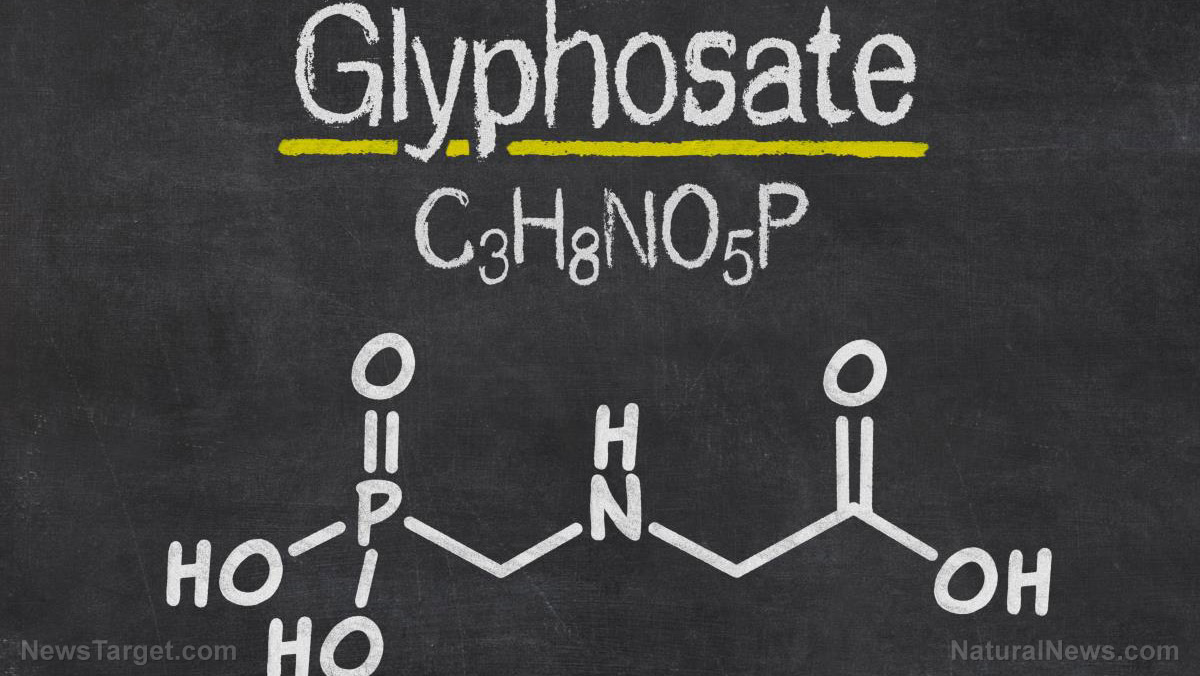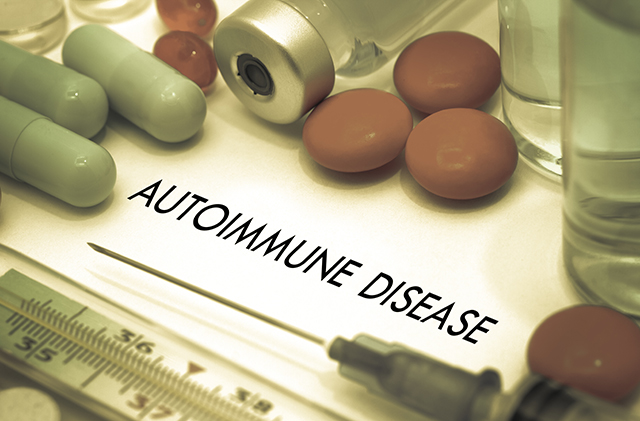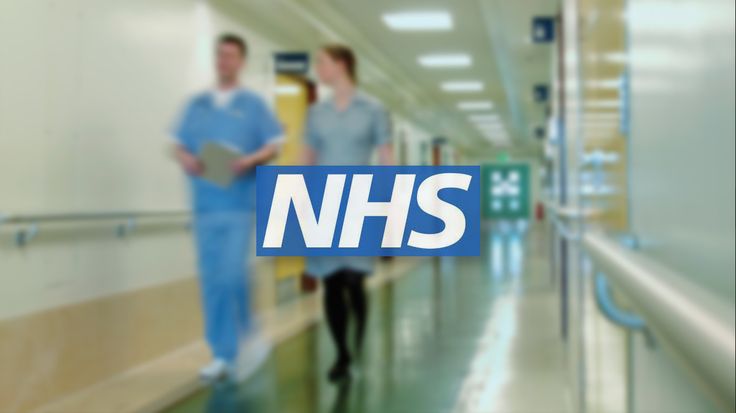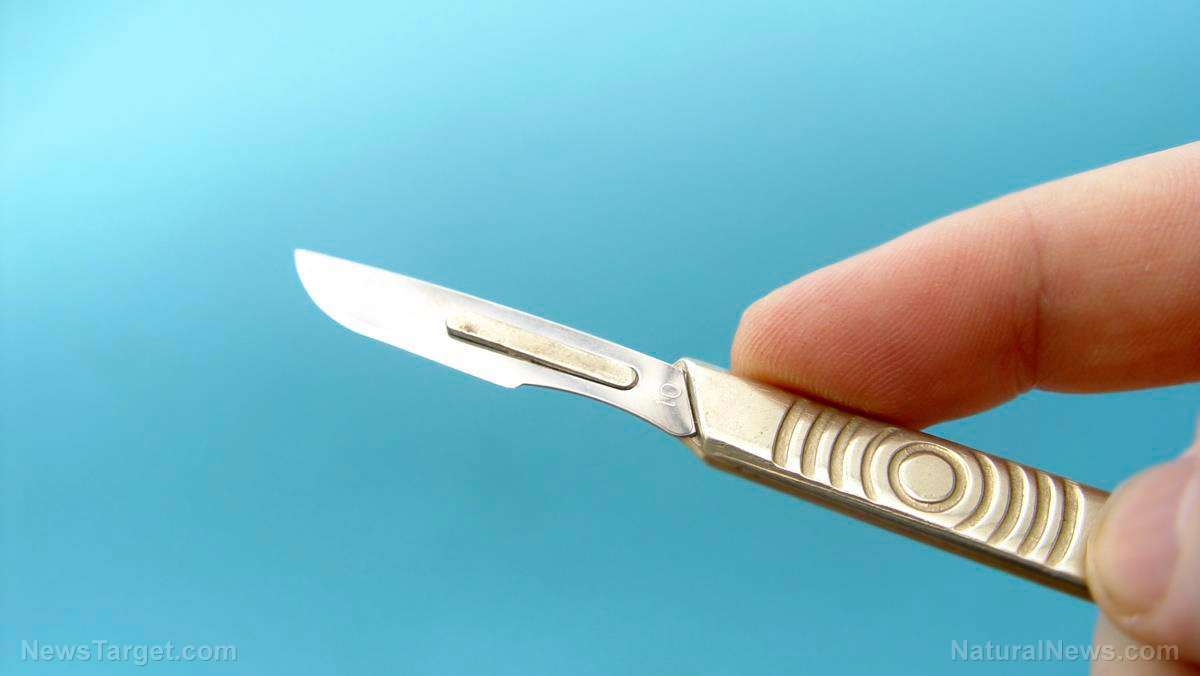Social isolation during coronavirus pandemic tied to higher rates of high blood pressure among patients
12/02/2020 / By Divina Ramirez
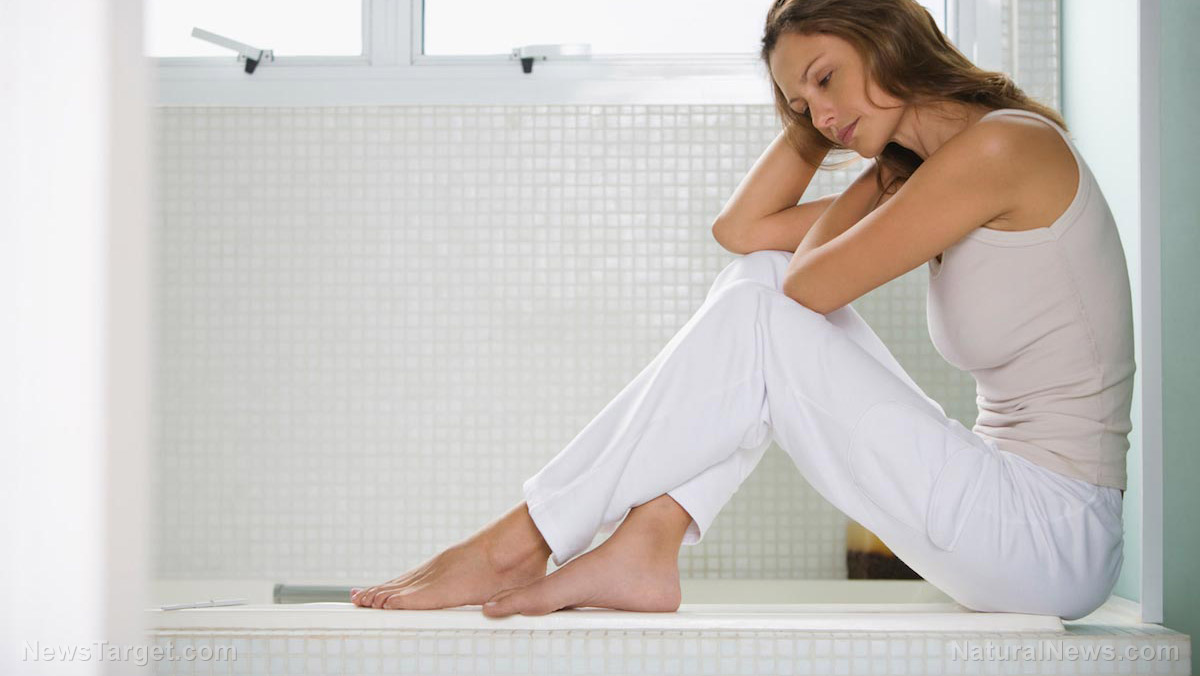
Social isolation due to pandemic-related restrictions have been linked to an increase in high blood pressure among patients rushed to the emergency room, according to a recent study presented at the 46th Argentine Congress of Cardiology.
Led by Matias Fosco of the Favaloro Foundation University Hospital in Buenos Aires, Argentina, the study showed that admission to the emergency department during the country’s lockdown period was associated with a 37 percent increase in the patients’ odds of having high blood pressure.
Fosco cited heightened stress, limited contact with friends and the onset of financial difficulties during the pandemic as some of the possible factors driving the higher incidence of high blood pressure.
Social isolation closely linked to high blood pressure
The Argentine government implemented a general lockdown last March in an effort to slow the spread of the coronavirus. This lockdown entailed mandatory social isolation for citizens. According to Fosco, they noticed that more patients admitted to the emergency department had high blood pressure shortly after the isolation period began.
To verify this observation, the researchers studied the frequency of high blood pressure among 1,643 patients admitted to the emergency department at the Favaloro Foundation University Hospital during a three-month social isolation period (March 20 to June 25, 2020).
They then compared those patients to those admitted during the same period last year and patients admitted from December 2019 to March 2020. The most common reasons for admission include chest pain, shortness of breath, dizziness, abdominal pain and fever.

The researchers found that 23.8 percent of patients brought to the emergency room during the social isolation period had high blood pressure. In contrast, during the same period last year, 17.5 percent of emergency room patients had high blood pressure.
Meanwhile, only 15.4 percent of emergency room patients admitted three months prior to the isolation period had high blood pressure. (Related: Homeopathic remedies for high blood pressure.)
Fosco also noted that the reasons for admission were consistent across the three groups of patients. Therefore, none of those reasons could have caused an increase in high blood pressure incidence among patients treated during the isolation period.
Overall, the results indicate that admission to the emergency department during the isolation period is linked to a 37 percent increase in the odds of having high blood pressure.
The researchers noted that there are several factors that could have influenced the patients’ risk of developing high blood pressure. The pandemic-related ones include a higher intake of food and alcohol, a more sedentary lifestyle, limited personal contact and the exacerbation of problems in the home.
That being said, patients could have also developed high blood pressure en route to the hospital due to factors like stress from travel restrictions, increased police presence and the fear of contracting the virus after leaving their homes.
It could also be the case that some patients already had high blood pressure prior to the emergency room visit but stopped taking maintenance medicines in fear of them influencing COVID-19 health outcomes. Therefore, further studies are needed to shed more light on this topic.
Nonetheless, maintaining normal blood pressure levels is key to reducing the risk of a heart attack, stroke and adverse COVID-19 health outcomes, too, said Fosco. Therefore, it is essential to follow a healthy lifestyle, even with social isolation, lockdowns and other COVID-19 protocols.
Social isolation poses many health risks
While following public health protocols is an important part of stemming the spread of the coronavirus, social isolation can have a largely negative impact on an individual’s physical health and mental well-being.
For instance, a study by Canadian researchers showed that women who are socially isolated face a heightened risk of high blood pressure. The findings, recently published in the journal Hypertension, were true even after the researchers controlled for factors like smoking, alcohol use and depression.
Overall, the findings show that social ties are meaningful for women and important for cardiovascular health, said senior author Annalijn Conklin, an assistant professor at the University of British Columbia.
Meanwhile, in her recent report published in Global Health Research and Policy, Bei Wu, director for global health and aging research at the New York University Rory Meyers College of Nursing, showed the negative effects of social isolation on an individual’s physical and mental health amid the ongoing coronavirus pandemic.
These negative effects include increased blood pressure, obesity, poor immune health, depression, mortality and a greater risk of chronic conditions like cardiovascular disease and Alzheimer’s disease.
Moreover, previous studies have associated social isolation with a 50 percent increased risk of dementia, a 29 percent increased risk of incident coronary heart disease and a 32 percent increased risk of stroke.
Overall, Wu’s report indicates that authorities need to be more aware of the harmful effects of social isolation resulting from COVID-19 health protocols to avoid placing people at risk of those detrimental effects.
Learn about the impact of the coronavirus pandemic on mental health at Mind.news.
Sources include:
Submit a correction >>
Tagged Under:
coronavirus, covid-19, heart attack, heart disease, heart health, high blood pressure, outbreak, pandemic, research, social isolation, viral infection
This article may contain statements that reflect the opinion of the author


